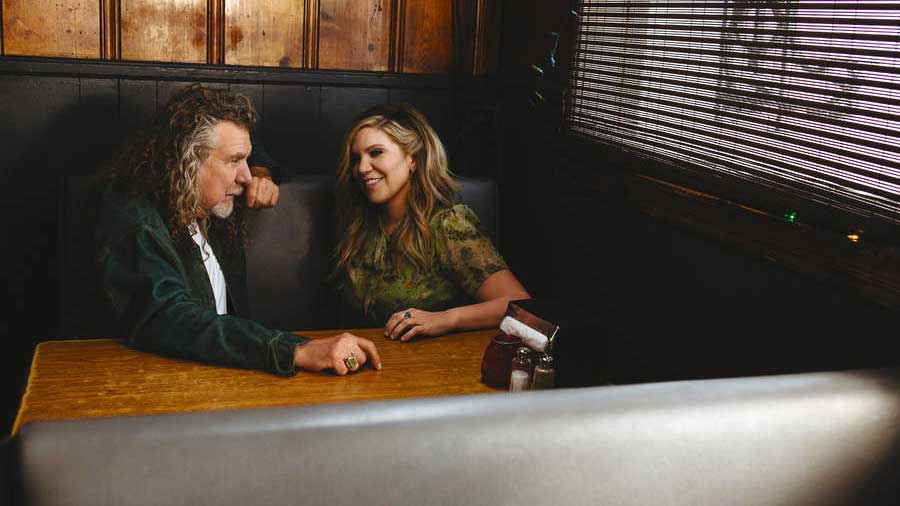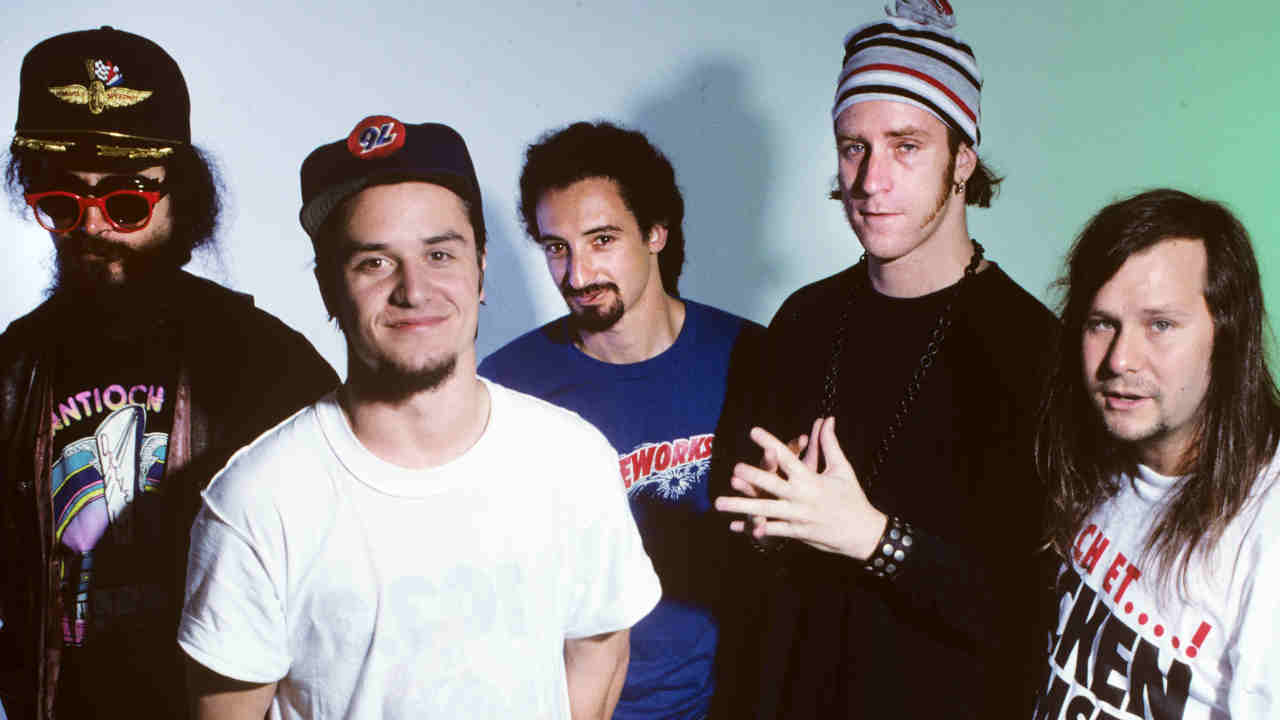Robert Plant, Alison Krauss, and the 'beautiful contrast' of Raise The Roof
Robert Plant and Alison Krauss's Raise The Roof, the follow-up to their hugely successful Raising Sand album, was more than worth the wait

Around the point in lockdown where he had taken up tidying as a new hobby, Robert Plant’s ex-wife turned up at his door with a great big trunk of all his stage-gear from 1971 onwards. This collection of what presumably contained many pairs of 22-inch bell-bottomed jeans and patterned shirts that had never been buttoned up sent the former Led Zeppelin frontman off on a journey through the windmills of his mind.
“The madness of my times was, one way or another, laid at my feet,” he recalls. “I found that I’ve actually been able to track the course of my time and the various adventures I’ve had, for better or worse, all the way through.”
It was a welcome distraction for Plant, who had another more recent artefact he wanted to celebrate but wasn’t sure when it was going to see the light of day. Sessions for Raise The Roof, his long-awaited reunion with bluegrass superstar Alison Krauss and the follow-up to their 2007 Grammy Award-winning collaboration Raising Sand, had been completed in Nashville just before the world was thrust into lockdown, and the forever marching-forward Plant was perplexed by his latest work being stuck on the shelf.
“We weren’t the only people to have been caught in the trap of getting so encouraged and enthusiastic about it all, sticking it on one side, playing it, then there’s another six months gone,” he says. Recently he stuck it on for one last check. It passed muster. “I was just marvelling at the sound of it.”
Finally released in November, Raise The Roof was worth the wait. Produced by US production guru T Bone Burnett, who oversaw their debut, it’s a perfect meld of country soul, Americana grooves and swaying, bluesy ballads.
“It’s also got a little bit of dark shuffle in there as well,” says Plant. “That’s why T Bone wears dark glasses – you don’t want to see those eyeballs.”
“I think it has a lot of joy in there,” adds Krauss, who says it was a very happy reunion. “There’s a lot of joy and a lot of mystique.”
Sign up below to get the latest from Classic Rock, plus exclusive special offers, direct to your inbox!
As with Raising Sand, central to the record’s triumph is the dynamic interplay between its two vocal leads, something that Krauss reckons is down to their opposing backgrounds.
“I think both of us coming up in such different environments musically makes something very different. You have people who are working together but don’t compromise who they are. I grew up listening to traditional music, much like Robert, but just a completely different path. I grew up on the Jimmy Rogers side, and he grew up on the Robert Johnson side. It has a beautiful contrast and it shows up on the recordings."
Burnett says Plant and Krauss singing together creates some magical other, their blend of tones concocting some alchemical magic.
“It’s nothing you can manufacture,” he beams, “it’s just something that happens. I think all three of us have done a tremendous amount of musical archaeology. It’s a thrill when Robert pulls something out of nowhere, while it was really important to Alison that we put out a positive vibe. She’s got a real sense of what the band should be representing and should sound like.”
Since Raising Sand, the duo had often talked about making a follow-up, it was just a question of fitting it in.
“It didn’t feel like a moment too soon,” says Krauss. “You want something to be inspired and not forced or contrived. This just very easily fell into place. It was the right time.”
Plant remembers the sessions starting tentatively until they just agreed: “What have we got to lose?”
“It’s a great vacation that we share,” he says, “and a thing we look forward to, but nervously – we’re both pretty heavy on the opinion stakes.”
With the record now out in the world, the next logical step is to hit the road. The all-conquering tour that followed the release of Raising Sand is remembered fondly by all, a victory lap that they’re keen to repeat.
“I think it would be a blast,” says Krauss. “We had a really great time last time, and I have no doubt we would have fun again. It was a really great, spontaneous live show. We had incredible musicians and it had its own life.”
There was joy to be had in Raise The Roof’s creation. Now it’s time for the duo to spread the love.
Niall Doherty is a writer and editor whose work can be found in Classic Rock, The Guardian, Music Week, FourFourTwo, Champions Journal, on Apple Music and more. Formerly the Deputy Editor of Q magazine, he co-runs the music Substack letter The New Cue with fellow former Q colleague Ted Kessler. He is also Reviews Editor at Record Collector. Over the years, he's interviewed some of the world's biggest stars, including Elton John, Coldplay, Radiohead, Liam and Noel Gallagher, Florence + The Machine, Arctic Monkeys, Muse, Pearl Jam, Depeche Mode, Robert Plant and more.

